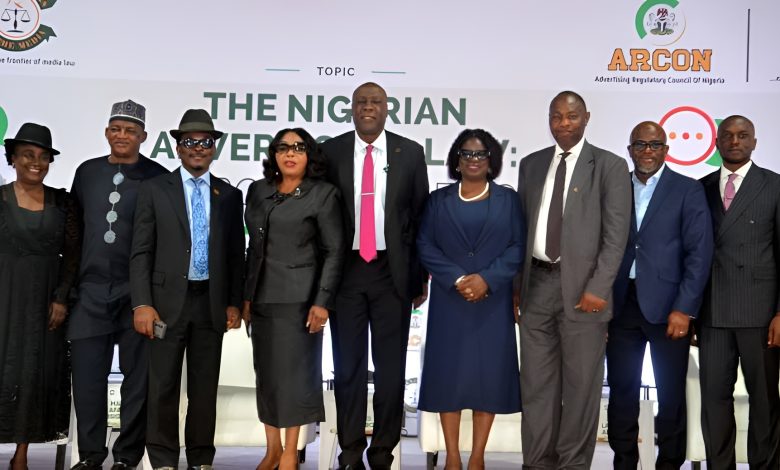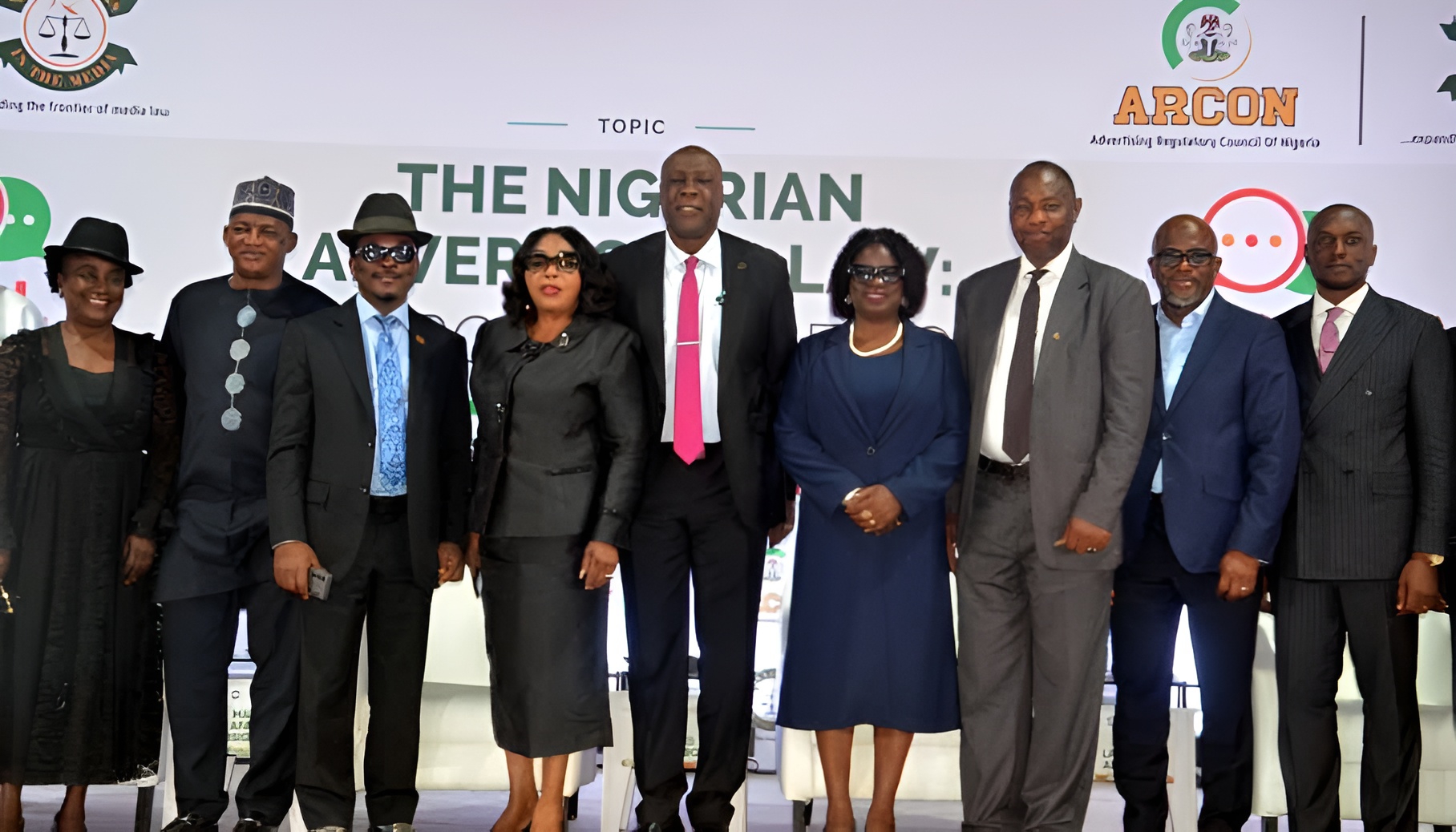Stakeholders Dissect Issues of Advertising Offences and Regulation at Town Hall Meeting


The Town Hall Meeting took place on Tuesday, October 14, under the theme, “The Nigerian Advertising Law: The Role of the Advertising Offences Tribunal (AOT).” It brought together legal practitioners, judiciary members, and industry stakeholders to debate this ambitious and highly controversial new law. AOT is a judicial tribunal specifically vested with criminal jurisdiction over advertising offences.
According to stakeholders, the AOT aims to curb widespread consumer deception, end the “digital grey zone” for influencers, and address significant economic losses caused by foreign advertisement production.
Akinlolu Kehinde, a Senior Advocate of Nigeria (SAN), delivered the keynote address, confirming that the establishment of the Advertising Offences Tribunal (AOT) represents a “bold experiment in regulatory governance” and is a “global first.” Mr. Kehinde, represented by Leke Kehinde, emphasized that the new court was necessary due to “the speed problem” of digital content, the “jurisdictional gap” left by the old regulatory regime, and the “expertise deficit” in traditional courts.
The AOT has “exclusive original jurisdiction over all criminal advertising offences” nationwide. Its powers are extensive, allowing it to impose fines, issue search warrants, and even “impose custodial sentences.” Crucially, to accommodate the fast-paced market, appeals from the AOT bypass lower courts and go “directly to the Court of Appeal.”
Addressing constitutional critics who argue that mandatory vetting infringes on free speech, Mr. Kehinde was definitive: “Advertising, as commercial speech, has never enjoyed absolute protection.” The AOT’s role is not to censor ideas but to protect the public by ensuring “truthfulness, fairness, and public safety.”
Olalekan Fadolapo, Director-General of ARCON, highlighted Nigeria’s commitment to “preventive advertising regulation,” which requires advertisement approval before exposure of the material. He clarified that the law’s definition of ‘advertising’ is intentionally broad, covering any “act, action, activity, construct, or undertaking, directly or indirectly… aimed at creating, planning, strategizing, managing, developing, producing, propagating, servicing, or facilitating an advertisement.”
Mr. Fadolapo expressed serious concern over companies producing advertisements abroad, citing research showing that “billions of Naira were lost” to this practice. He described this as “falling into the trap of foreign advertising” and warned regulators that “we cannot fold our arms and allow people to use this as a reason to erode economic activities.”
He made Nigeria’s new economic policy unequivocally clear: “The policy is that if you’re going to advertise in Nigeria, use Nigerians to do the advertising.”
Dr. Charles Odenigbo, Director-General of the Centre for Media Law and Development, clarified the jurisdictional distinction, noting that while the AOT has specific criminal jurisdiction over offences under the ARCON Act, the Federal High Court retains jurisdiction over civil matters arising from the Act’s operation. He concluded that this arrangement is not conflicting but rather “judicial coordination.”
Dr. Odenigbo also referenced the precedent set by the Digi Bay Ltd v Attorney General of the Federation case, which affirmed that the National Assembly has the competence to legislate on advertising because it is incidental to “Trade and Commerce” and the regulation of professional occupations. He argued strongly that advertising is a national issue, asserting that an advertisement cleared in one state, such as Maiduguri, should not face different standards in Lagos. He dismissed the notion that local governments should regulate message content.
Lanre Adisa, Chairman of the Heads of Advertising Sectoral Groups (HASG), acknowledged the challenge for practitioners to “stay creative” while operating within the bounds of the new legislation. However, he pointed out a systemic failure: the total absence of an ARCON Council.
Mr. Adisa revealed that there has been “no ARCON council” for “10 years,” a situation he noted is “unprecedented anywhere in the world.” He stressed that the Council is vital for “collaboration” and “synergy” with other regulators like the CBN and NAFDAC. Without this body, there are no institutional “checks and balances,” leaving the regulatory process vulnerable to being perceived as “the DG’s intent” rather than the collective will of the industry. He called for greater dialogue and engagement to “smooth these edges,” ensuring agencies can navigate complex regulatory environments without unnecessary friction.
Ultimately, stakeholders agreed that the AOT represents a necessary and powerful step toward consumer protection. However, its success will depend heavily on ARCON’s commitment to public awareness and balancing its criminal enforcement mandate with the industry’s need for creative freedom.


